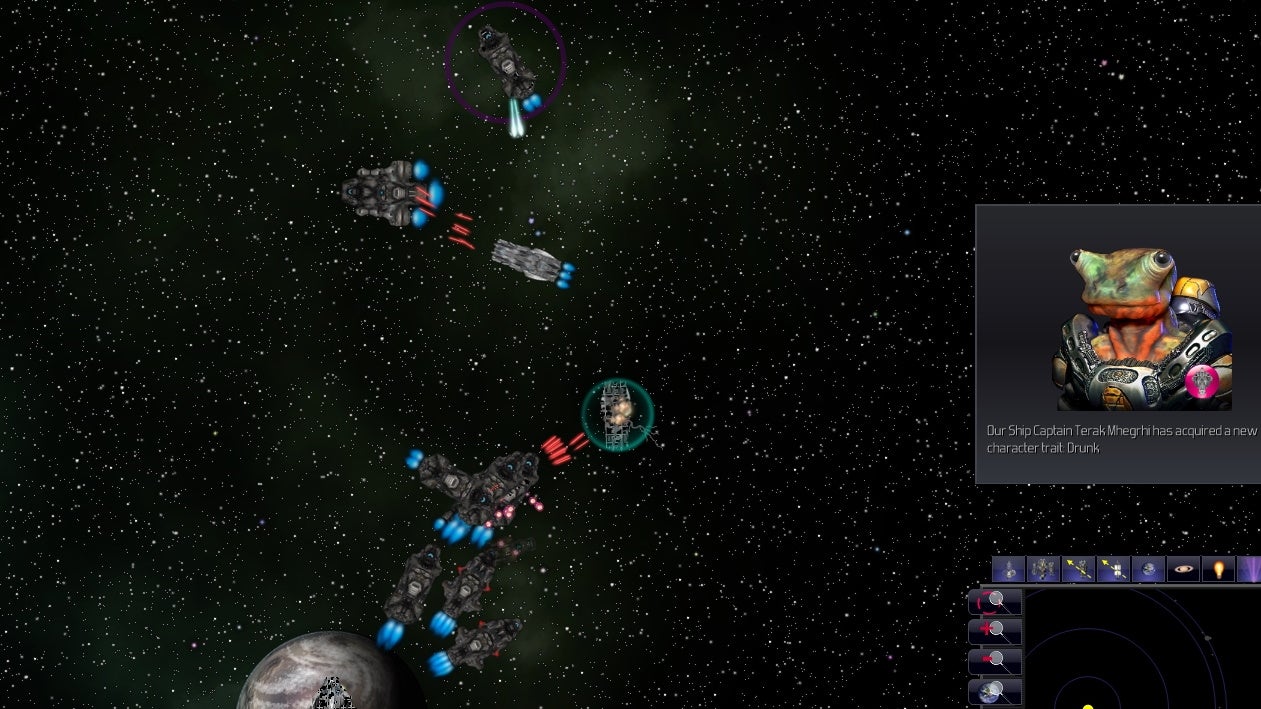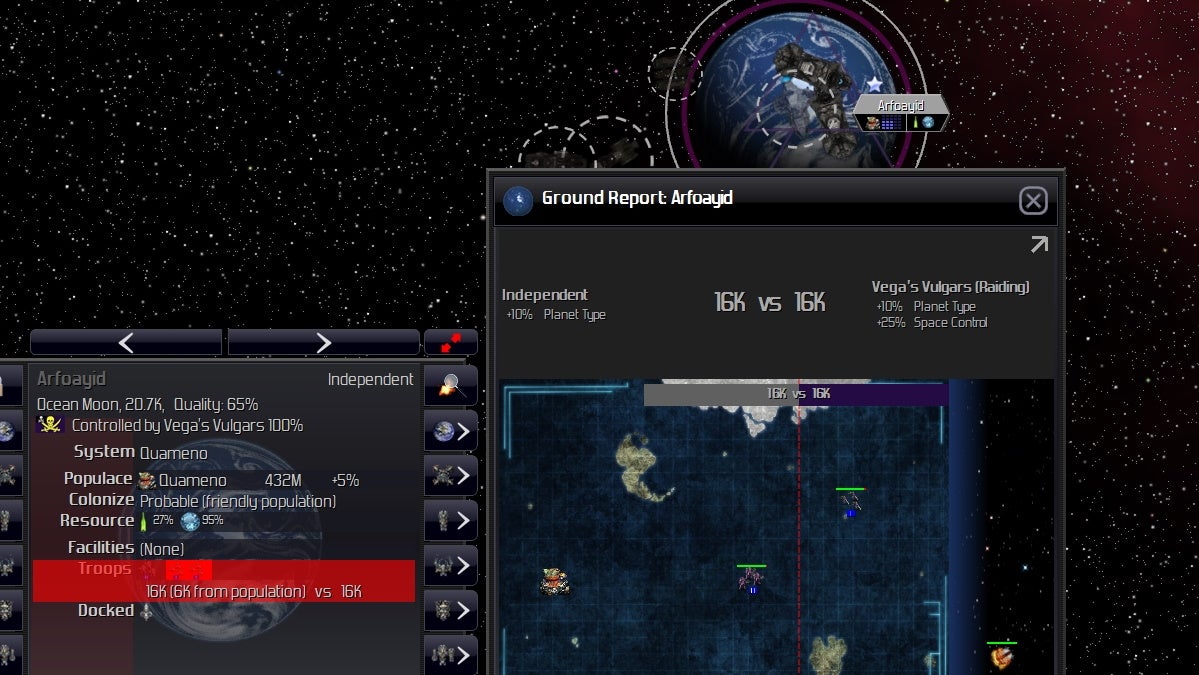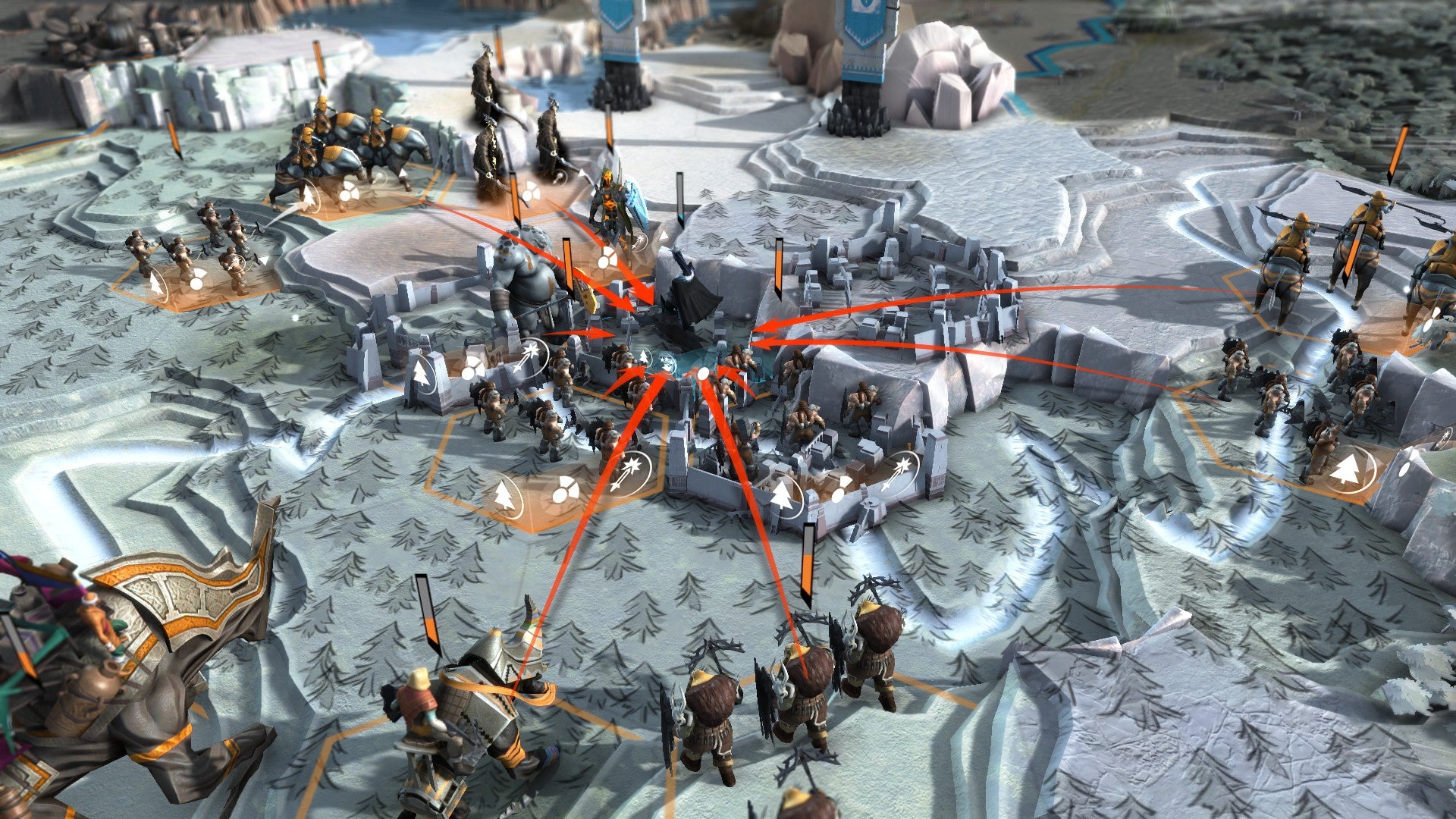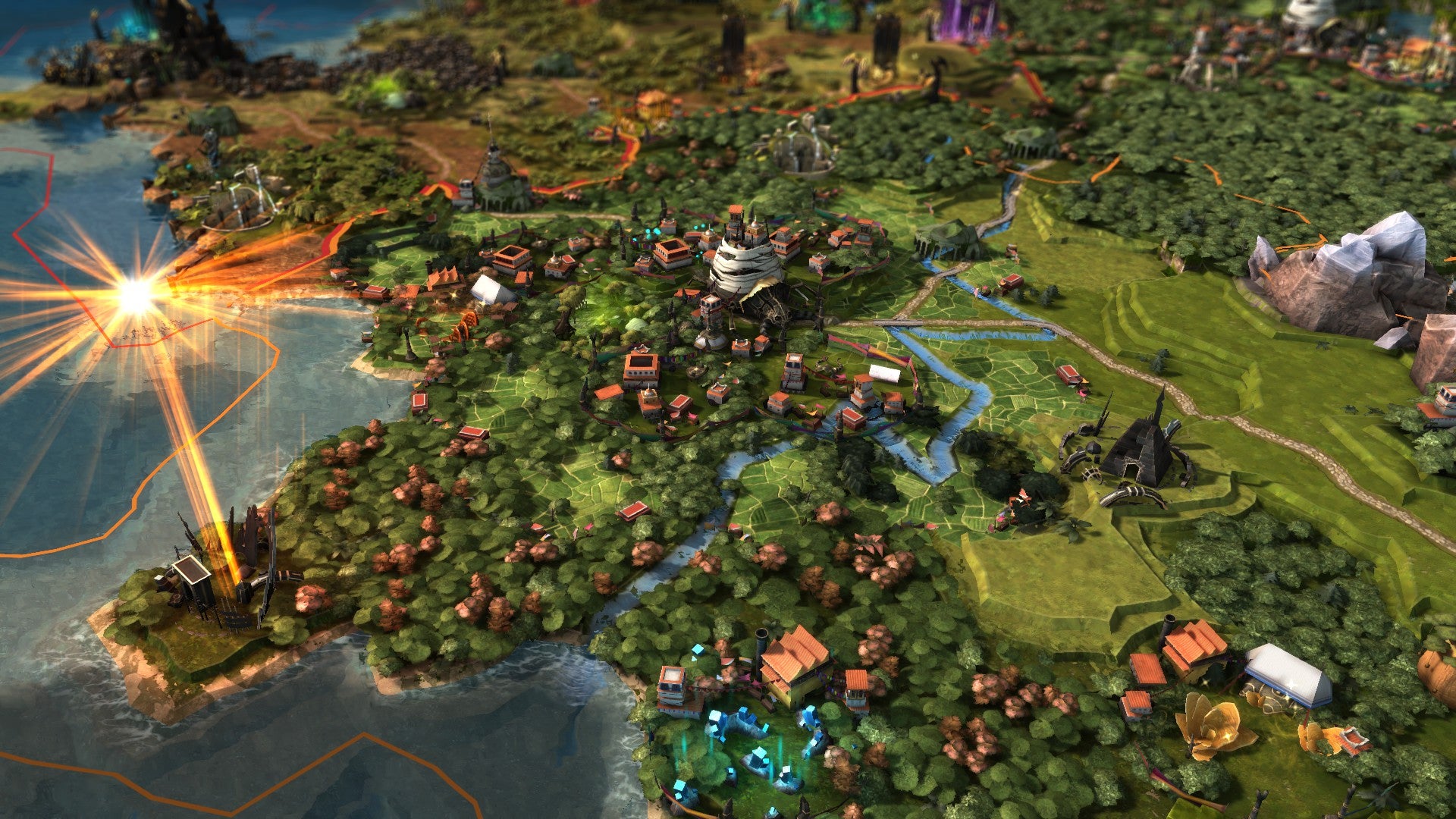I might as well put this upfront: I don’t think I want the same thing most players do. Let me relate both why I admire Distant Worlds, and why I don’t think its sequel will do what I want. The basic idea is as it always is. You start with a single settlement, in this case a planet, and must build scoutships and resource extracting facilities on your planet and other bodies within your star system. You’ll turn many of those resources into ships that can expand and protect your holdings, and often take them from AI sides doing the same. Meanwhile, more abstract resources gradually unlock new technology… you know the deal. But Distant Worlds (DW and DWU are synonymous now, the latter including all its expansions and the former discontinued) went in pretty hard on simulating an empire, at least economically and logistically. Each ship is comprised of dozens of components, which in turn are manufactured from specific resources that must be mined from planets, asteroids, or nebulae. Alternatively, your shipyards will automatically buy them from AI traders. These traders aren’t just a pop up or invisible convenience; their cargo comes from civilian ships that actively transport and mine just as you do. They can be delayed by a docking queue, scared off by a nearby skirmish, attacked or even actively boarded and seized. This means you’re searching for key resources, adapting ship designs based on what’s available, and building mining stations for specific purposes, not just eating everything in sight. It also means that a lot of your conflicts are over tangible resources tied to a specific place. And while in your typical 4X that really means, “I want the +2 bonus this square gives”, here it’s: “I need a source of nekros stone to manufacture better life support systems,” or, “I have to hold this fuelling station to keep my border fleets ready”. It’s a real economy. And that economy is operated largely by civilian ships you have no direct control over. Your own people build cargo and mining ships at your shipyards, they ferry cargo and tourists, and they pay tax. Distant Worlds is also special because it’s one of almost several strategy games where you can play as pirates who are actually pirates, not just brainless arbitrary murders. But that’s a whole other thing. What all this means is that DWU is enormous and brilliant and very complicated and overwhelming even to an experienced player. To mitigate that, its other most fascinating idea is delegation. You can, at any time, set any aspect of running your empire to the AI. You can focus entirely on managing warfleets, or ship design and research, or hand over everything except espionage. It enables the kind of macromanagement that Master Of Orion 3 boldy attempted but failed at in 2003. But as much as I appreciate Distant Worlds, and as hopeful as I am for its coming sequel, it still falls short for me in one key area: it’s a race. It’s still about being the most aggressive expansionist conqueror in the universe, while everyone else fights for the same title. One of the most memorable games I had of it was when I refused to develop warp technology, confining myself to a single system for hours, researching everything else and watching an endless stream of miners thrust their way between the local moons and asteroids, and traders visiting from worlds I’d only ever know as pinpricks in the sky and stories from abroad. Of course it couldn’t last. The instant another empire found me it was over, because that’s just how these games work. If you’re not winning, you’re dead. It would be completely unfair to make out DW was doing anything wrong here, but it still leaves me wishing for a new kind of 4X. One where you can be a bubble kingdom, or a merchant state, an information broker nobody dares cross, or the neutral party everyone trusts to host. Perhaps some kind of Space Byzantium, playing off a weaker military position by leveraging spies and diplomacy and every kind of political and economic savvy that isn’t just bumping up numbers or pushing military icons into your neighbours’ gardens. I suppose what I want is different Xs. Experiment, maybe, or exist. Or just for development and progress to mean what they do, not as manifest destiny but as an evolutionary process. Building an organism that fulfills a niche among others, not one that obliterates everything for the hell of it. It’s a tall order, but not as outlandish as it may sound. As early as 1999 we had Sid Meier’s Alpha Centauri, whose factions were expressly designed to lean into certain roles and ideologies. More impressively, SMAC remains a rare example of a 4X in which rival AIs will actively help if you align politically and make the right overtures, instead of waiting for their moment to suddenly turn on you in envy or contempt. I played a memorable bout as the industry-heavy Hive, allied with the nerdly University, in which we became so friendly I was voluntarily stationing my troops in their cities to protect them, and they showered me with free technology unprompted. The same could be said of its distant successor, Endless Legend, a game I fought for during the RPS best strategy games fistfight. But while Endless Legend’s factional differences pushed this narratively, it still measured success in the same old ways. I won a game last year by very cynically building dozens of cheap buildings I had no use for in the last few turns, knowing they were each worth a victory point. Which sounds cheap, but if I was considered the best faction on those terms, what does it say about the second best? I could have taken them if I’d had another 50 turns. The same studio, Amplitude, have talked a big game about how Humankind will approach history and nation-building differently, and Nate certainly thought it was doing some novel things in his preview. I’m hopeful that this might extend to pursuing goals and roles other than “crusher of all” or “acquirer of most Winner Points”. I’m not even primarily thinking politically here. Give me an 80 Days strategy game, maybe. I’d love to see games look more to things like Crusader Kings 3 in terms of gameplay, too, which despite its title doesn’t mandate conquest or expansion at all. Granted, it’s necessary for some rulers, and however much I downplayed it, my own playthrough as a Yoruban dynasty was very warlike. But its conquering tends to come as a result of player greed or character ambition rather than being necessary just to avoid your own destruction. Prestige can be gained by other means, or eschewed in favour of pursuing piety or friendships, or plain slutting your way around the dardanelles. Success and failure, however you define them, naturally ebb and flow over time, something I find myself wanting more from the genre that’s almost invariably a zero sum battle royale. The 4X feels on the cusp of a comeback, and I’m hopeful that between the upcoming Humankind, Distant Worlds 2, and the CK2-inspired Alliance of the Sacred Suns, the genre might get the revival that turn-based tactics did from Firaxis’s XCOM. There’s certainly an audience for more experimentation, and smaller devs in particular have been taking a stab at it. I’d even count Shadow Empire here; although it’s resolutely a wargame, its character management and sci-fi world generation and exploration marked it out with the kind of personality I’m asking for even if it played the conquest contest straight. I feel like between all these offbeat designs there’s potential for something revolutionary. But it still feels like the genre’s resurgence is yet to come, precisely because the definition has become too prescriptive. Either way, we ought to be in for a decisive 18 months.



